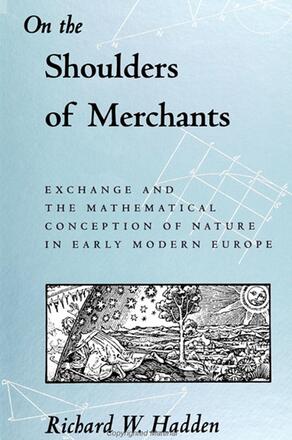
On the Shoulders of Merchants
Exchange and the Mathematical Conception of Nature in Early Modern Europe
Alternative formats available from:
Description
This book shows how the universal quantification of science resulted from the routinization of commercial practices that were familiar in scientist's daily lives. Following the work of Franz Borkenau and Jacob Klein in the 1930s, the book describes the rise of the mechanistic world-view as a reification of relations of exchange in the sixteenth and seventeenth centuries. Critical of more orthodox, positivist Marxist accounts of the rise of science, it argues that commercial reckoners, in keeping with the social relations in which their activity took place, delivered a new mathematical object, "general magnitude," to the new mechanics. The book is an historical extension of the sociology of scientific knowledge and develops and refines themes found in the work of Alfred Sohn-Rethel and Gideon Freudenthal.
Richard W. Hadden is Associate Professor at Saint Mary's University in Nova Scotia.
Reviews
"Hadden's originality lies in the diligence with which he pursues, at the empirical level, the connection that Marxists generally draw between capitalism's distinctive forms of social relations, based on commodity exchange and money, and modern science's distinctive modes of thought, based on universal quantification and abstraction. " — Steve Fuller, Executive Editor of Social Epistemology